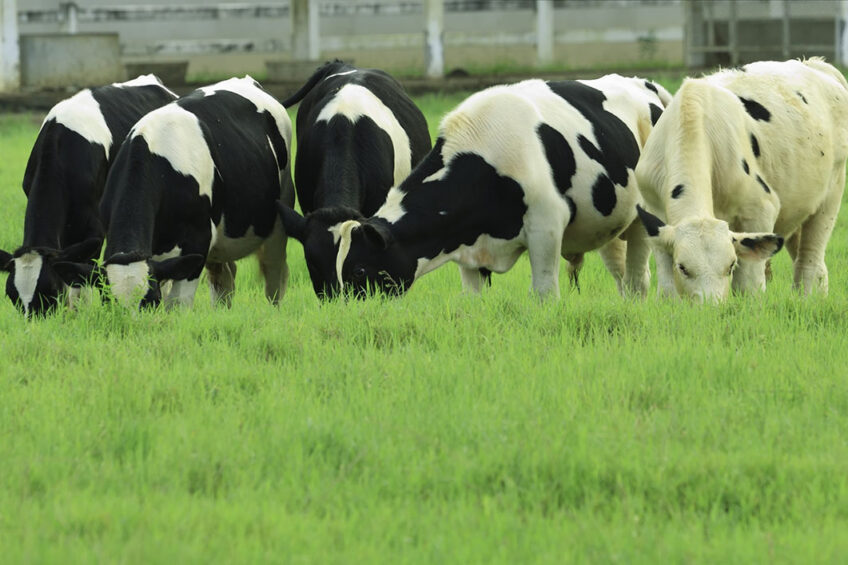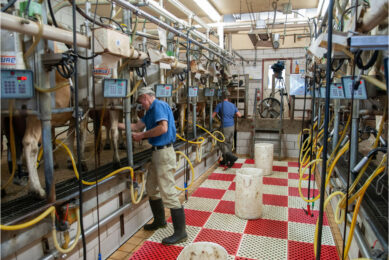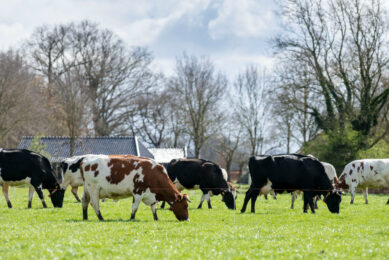Moldova expects a slump in dairy cattle population

Milk production in Moldova could be severely affected by the Covid-19 pandemic which has been worsened with the drought experienced at the start of the year, Carolina Linte, chairman of the National Association of Milk Producers of Moldova said according to media reports.
Due to the drought, quite a few farmers in Moldova failed to secure enough feed for their stock, and today the country’s milk processing plants are afraid that the farmers could begin culling their cows. Most dairy cows in Moldova are concentrated in backyard farms, which were heavily hit with the Covid-19 pandemic, Linte said according to local news channel Sputnik, adding that industrial farms are doing relatively better.

“We are very concerned that farmers would have cows slaughtered, which will lead to a slump in milk production. In that case, the availability of dairy products will be affected. Moldova is already is not meeting the domestic needs in raw milk,” Linte said.
“We are importing 5,000 tonnes from the European Union (EU) per year. This is our quota – the amount we could import free-of-duty,” Linte explained.
Disruption, push prices up
Some dairy companies in the country raised concerns that a sharp reduction in milk production in Moldova could impair the market’s fragile balance. Having importing milk from the EU above the quota, dairy plants would need to pay the additional duty, and this would eventually push the prices for dairy products in retail up.
This year, the Moldovan government planned to adopt an industry-development strategy aimed at improving self-sufficiency in raw milk, according to Linte. The Covid-19 pandemic, however, disrupted those plans, and now they are put on hold. This means that instead of reducing import-dependence on raw milk, which is estimated at 50%, Moldova could increase it.
The government agencies estimated that the demand for dairy products on the domestic market had been undermined with quarantine restrictions introduced to slow down the spread of Covid-19. Given the problems of the food industry, the demand is 20% to 30% lower than usual.
The impact on investments in the industry, which was far from perfect, could worsen because of coronavirus. In Moldova attracting new investors in milk production is problematic, since a lot of funds is needed to launch a new farm, while the payback period is usually around five years, Linte said.
The government is currently subsidising up to 50% of investment costs for new farms, but this is still insufficient to stop the continuous fall in milk production.
In 2019, the cow population in Moldova shrank by 14% to some 100,000 heads. The Moldovan government has entered into negotiations with the World Bank over a $35 million loan to support the domestic milk production, but so far no agreement has been reached.
Join 13,000+ subscribers
Subscribe to our newsletter to stay updated about all the need-to-know content in the dairy sector, two times a week.











